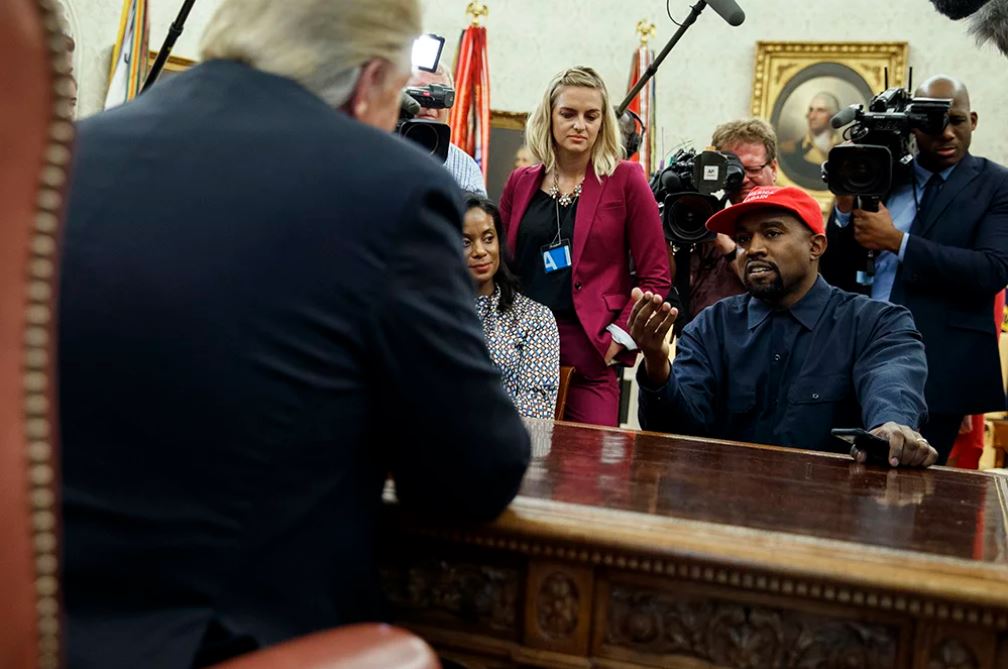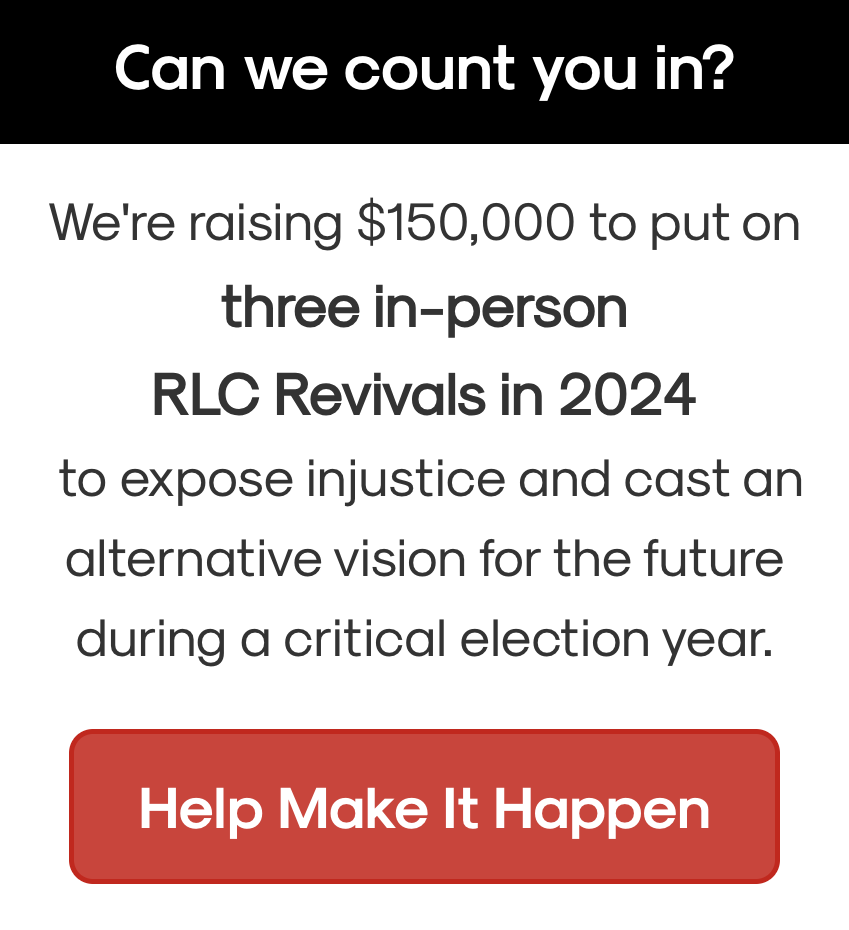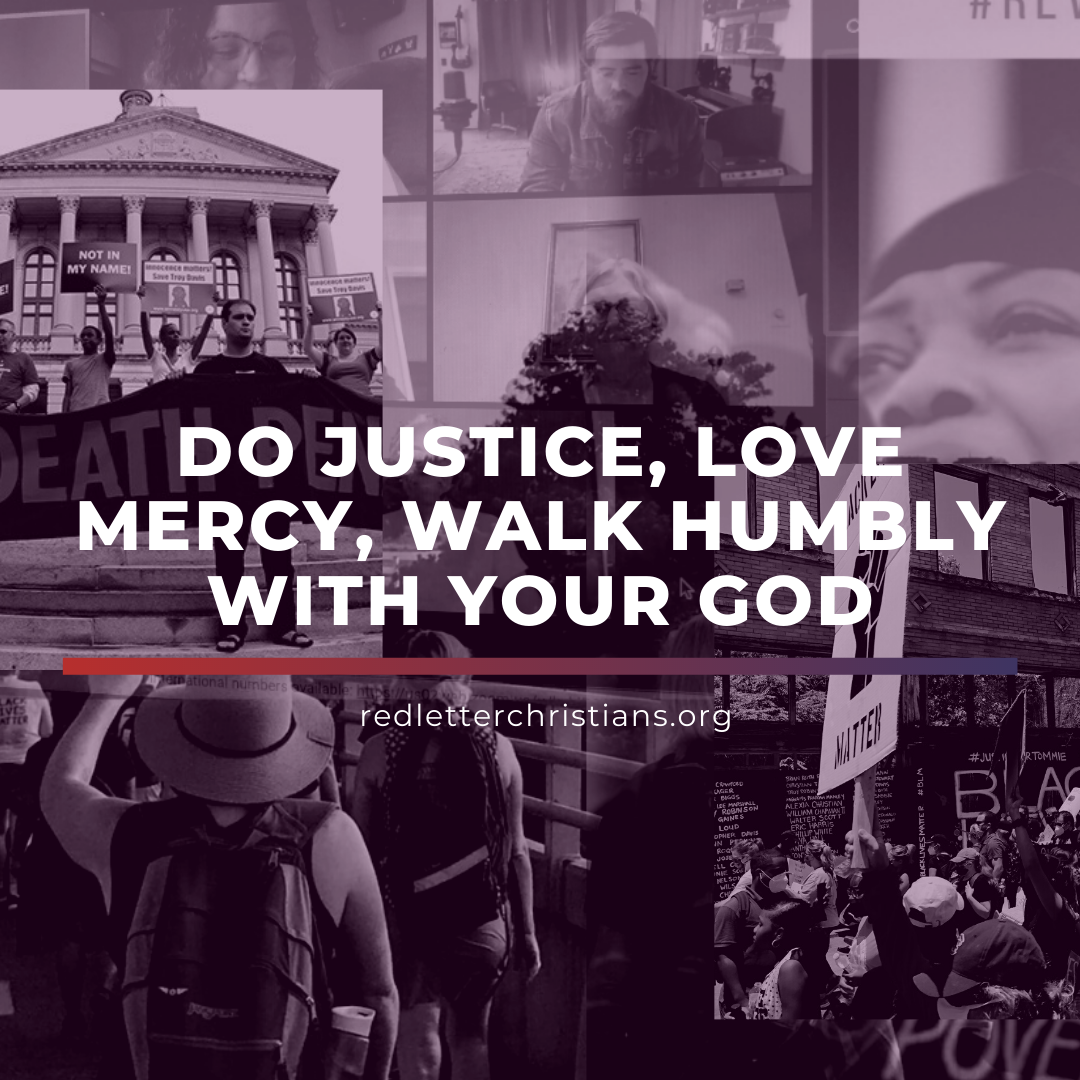Via RNS — Rapper Kanye West is once again being likened to the Apostle Paul, and this time, it’s not just Kanye making the comparison.
After Kanye released his highly anticipated gospel album, “Jesus Is King,” and a 31-minute IMAX film of the same name on Friday (Oct. 25), outspoken conservative pastor Greg Locke, a supporter of President Donald Trump, rebuked Kanye’s skeptics online, tweeting: “Are you flipping kidding me? We should rejoice! We’re watching a modern day Damascus Road Apostle Paul conversion experience before our very eyes!”
Saul’s dramatic conversion from a zealot persecuting Christians to avid follower of Jesus was quite the 180 — and a bewildering turn for the disciples who had days earlier feared for their lives at his hands.
Kanye too claims to have had a rebirth of sorts — “Now that I work for Christ,” he explained to Beats 1 reporter Zane Lowe, “my job is to spread the gospel”— and many Christians and others are finding his testimony hard to believe.
But plenty of others, such as Locke, are celebrating the man who brought us “Gold Digger” and “N*ggas in Paris” as an unlikely apostle. White conservatives, in particular, seem to be among the most excited about Kanye’s spiritual rebirth.
Speaker and author Jeremiah Johnson reposted a “prophecy” of his from last month: “Kanye, just as the Lord raised up Donald Trump to be a wrecking ball to this nation, so God has raised you up as another wrecking ball for such a time as this.”
For the last few years we’ve heard that we need to do more than ‘preach the gospel’ in order to win people to Christ.
Then Christ saves the biggest rap star in the world through the simple proclamation of the gospel.
Now #JesusIsKing is trending worldwide.
Jesus truly is King.
— Nate Pickowicz (@NatePickowicz) October 26, 2019
Kanye West can help spread the word of Christ to those who need Him .Kanye has millions of people typing the words “Jesus is King” Think about that for a moment. MILLIONS of believers and unbelievers alike are typing “Jesus is King” that’s incredible and to God be the glory 🕊
— Roma Downey (@RealRomaDowney) October 27, 2019
Kanye West is cracking the culture code.@kanyewest’s new album #JesusIsKing is the epitome of fearless creativity and “dangerous, unapproved” ideas.
Leftists always try to silence those who are speaking truth. They’re waging a war on our family and culture.
Kanye is a pioneer pic.twitter.com/EmPgLqgGZJ
— Donald Trump Jr. (@DonaldJTrumpJr) October 29, 2019
For most of his 15-year career, I’ve heard West’s name uttered with contempt by many white conservatives — for his famous outburst about George W. Bush (“Bush doesn’t care about black people”), for interrupting Taylor Swift’s acceptance speech at the MTV Video Music Awards (“I’mma let you finish, but … ”), for his general grandstanding and peacocking about being the world’s greatest artist.
So the conversion story I’m finding hard to believe is the sudden, overwhelming support from conservative white America for Kanye.
They speak of his faith as though it were born yesterday, but Kanye emphatically told us he felt tethered to Jesus on his first album, 2004’s “The College Dropout.” The single from that disc, “Jesus Walks,” played a large part in Kanye’s becoming a household name, and his reputation as a rule breaker.
READ: Is Jesus King of Kanye’s Bank Account?
There was excitement and confusion about Kanye’s spirituality then, as there is today. What might it mean that a “secular” artist released such an explicit tribute to Jesus? While maintaining he didn’t consider himself a religious person, he told The New York Times, “I have accepted Jesus as my Savior. And I will say that I fall short every day.”
In an interview five years later, Kanye told radio host Big Boy:
“I’m not just a musician. I’m a Christian revolutionary visionary products person. I ain’t here to dance for you. … I mean, eventually, 10 years from now, I just want to create for the church. I’m Christian. I’mma design, like, the new Sistine Chapel.”
For all of the recent talk of Kanye’s “conversion,” he seems to still be on brand. This raises questions about white America’s celebration of Kanye’s religious zeal in 2019. Why wasn’t Kanye’s Christianity exciting for evangelical Christians back then?
They may have been slow to square Kanye’s claim to Christian faith with his explicit lyrics, grandiose claims of self-importance and opulent lifestyle. But West is still far from perfect. In his conversation with Big Boy, he stops just shy of saying that attempts to criticize him are tantamount to sin. In his Zane Lowe interview, as he has for years, Kanye maintains that he is “the greatest human artist of all time,” adding “there’s just no question about it at this point.”
Pride, of course, being a deadly sin.
Yet the excuses white evangelicals offer for Kanye today — “God always uses imperfect vessels” and “Jesus doesn’t call the qualified. He qualifies the called” — are new. What could have changed their hearts?
Perhaps it’s because the “Old” Kanye’s sins were against white America — when he called the president’s care for black people into question, when he embarrassed America’s sweetheart on MTV, when he dared to be a proud black man in public (even if going overboard). When he was interrogating the innocence and exceptionalism of white America with his trademarked shrug of black unbotheredness, his protestations of faith didn’t seem to count to white evangelicals.
We know what a great sin it is to question white America’s innocence. It’s been proved again this week by gospel music legend Kirk Franklin, who released a video revealing that the Gospel Music Association has twice deleted remarks in his acceptance speeches at the Dove Awards about high-profile cases of police brutality.
Both Kirk and Kanye are Christian public figures who’ve brought Jesus to mainstream radio and been vulnerable about their struggles to live lives evangelical audiences would celebrate. Yet, apparently, Kirk is only acceptable when he delights the crowd with a milly-rock to “Melodies From Heaven.” The part of his Christianity that compels him to speak up about racial violence is erased to protect white audiences from offense.
Kanye, meanwhile, has been growing on white America since he started preaching a slaveholder’s gospel alongside his art, calling racism “silly and outdated,” lambasting the black community as brainwashed and cultureless, suggesting that slavery was “a choice.”
Only after Kanye put on the infamous MAGA hat did he become so precious to white conservatives. In 2016, he announced he had voted for Trump, later admitting he would have, if he had voted. He began ambushing audiences at his Sunday Services and on SNL with pro-Trump tirades. Since parroting conservative talking points and affirming our narcissistic, lying, genital-grabbing, white nationalist-apologist of a president, he’s gained an entirely new white conservative fan base.
From the moment Kanye donned that red hat to endorse their white nationalist messiah, he became their great black hope.
Kanye credits Jesus for his continued success, despite being “canceled” on social media by many longtime fans for the sins listed above. But it’s more likely that his new court of MAGA “prophets,” mentors and powerful evangelical friends is the reward of a sinister algorithm at work in American society: for his good and faithful service to white supremacy.
White supremacy has always been on the lookout for black spokespeople. Because domination systems always operate more smoothly when the subjugated comply. Patriarchy is at peace when women “know their place.” Heterosexism is at peace when LGBTQIA+ people stay in the closet. Slavery is at peace when the enslaved are “well behaved.” Nothing helps a domination system stay in place like converting victims to patriots.
From the 16th-century Moroccan Leo Africanus, who authored a “Description of Africa” depicting Africans as beasts, to black conservative pundit Candace Owens, who regularly denigrates the Black Lives Matter movement as having a “victim mentality,” Kanye stands in a long line of black people collaborating with racial hierarchy.
READ: My Tension with Kanye West’s Sunday Service
If you still doubt, consider the many gospel-inspired hip-hop songs and albums released this decade.
Snoop Dogg released the 32-track “Bible of Love” to get back to his gospel roots and express his spirituality, alongside gospel greats like Rance Allen and Kim Burrell. But: no prophecies were published about Snoop’s place among God’s wrecking balls.
Kendrick Lamar was baptized in 2013 and has been including his spiritual journey in his work for years. No prophecies.
Chance the Rapper has been just as public about his spiritual rebirth as Kanye — heavily sampling gospel records on his “Coloring Book” album in 2016, singing Chris Tomlin’s “How Great Is Our God” at the 2017 Grammys and taking some time off to study the Bible. Still, no prophecies.
The difference between these artists and Kanye is that none of them aspired to join the MAGA crowd. Perhaps that’s why their public expressions of faith don’t seem to matter.
The conversion those Trump followers are looking for is the conversion white people have sought for people of color since colonizers touched the soil of Turtle Island: that all people would aspire to whiteness, would assimilate into white culture, would collaborate in the securing of white interests, and thus be “saved.”
So, yes, call me skeptical. I regard white evangelicals’ sudden celebration of Kanye much as those early disciples huddled together in Jerusalem viewed Saul’s conversion: with distrust.





